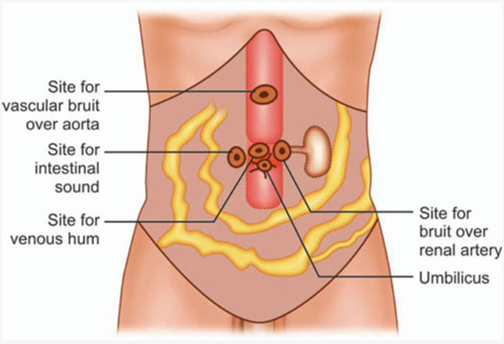The nurse is reviewing the medical records of a client with atrial fibrillation. Which prescription should the nurse question?
Obtain consent for transesophageal echocardiogram (TEE)
Obtain consent for a STAT defibrillation
Obtain consent for cardioversion.
Hold digoxin 48 hours prior to cardioversion.
The Correct Answer is B
Defibrillation is not the first-line treatment for atrial fibrillation. It is used to treat life-threatening cardiac arrhythmias such as ventricular fibrillation or pulseless ventricular tachycardia. Atrial fibrillation, on the other hand, is a rapid and irregular atrial rhythm, and defibrillation is not indicated for its treatment.
Obtain consent for transesophageal echocardiogram (TEE): This is an appropriate action for a client with atrial fibrillation. A TEE is often performed to assess the structure and function of the heart in cases of atrial fibrillation, especially when considering cardioversion or other interventions.
Obtain consent for cardioversion: Cardioversion is a common treatment option for atrial fibrillation, especially when the client is unstable or experiencing symptoms. It involves restoring a normal heart rhythm through the use of electrical shocks or medications. It is important to obtain informed consent before performing cardioversion, but this does not necessarily require questioning.
Hold digoxin 48 hours prior to cardioversion: Digoxin is commonly held before cardioversion because it can increase the risk of certain arrhythmias during the procedure. This is a standard precaution to minimize potential adverse effects. Therefore, the nurse does not need to question this action, as it aligns with established guidelines.
Nursing Test Bank
Naxlex Comprehensive Predictor Exams
Related Questions
Correct Answer is A
Explanation
Absent bilateral pedal pulses indicate a potential vascular complication, such as impaired circulation or blood flow to the lower extremities. It may suggest compromised perfusion and could be a sign of arterial occlusion or thrombosis, which requires immediate intervention. The nurse should notify the healthcare provider promptly to assess the client's condition and initiate appropriate interventions to restore circulation to the lower extremities.
While complaints of pain at the site of the incision are significant, post-operative pain is expected after abdominal surgery. The nurse should assess the pain and provide appropriate pain management interventions, but it may not require immediate intervention unless the pain is severe or accompanied by other concerning symptoms.
A distended, tender abdomen could indicate various post-operative complications, such as bowel obstruction or peritonitis. Although it should be evaluated and reported to the healthcare provider, it may not require immediate intervention unless the client's condition deteriorates or other signs of a surgical emergency are present.
An elevated temperature of 100°F (37.8°C) alone, without other signs of infection or systemic complications, may not necessarily require immediate intervention. It could be a normal response to surgery or a mild post-operative infection. The nurse should monitor the client's temperature and assess for other signs of infection, and if necessary, report it to the healthcare provider for further evaluation.
Correct Answer is B
Explanation
A bruit is a sound that can be heard with a stethoscope when blood flows through a narrowed or damaged artery. An abdominal bruit may indicate an abdominal aortic aneurysm (AAA), which is a bulge or swelling in the main blood vessel that runs from the heart down through the chest and tummy.
Shortness of breath is a common symptom of many conditions, but it is not specific to AAA. It can be caused by heart or lung problems, anemia, anxiety, lack of exercise, obesity, and many other factors. Shortness of breath may occur with a ruptured AAA, but it is not a reliable sign of an intact AAA.
Ripping abdominal pain is a severe and sudden pain that may indicate a ruptured AAA, which is a life-threatening situation that requires immediate medical attention. However, an intact AAA usually does not cause any pain or discomfort. Therefore, ripping abdominal pain is not a good indicator of an AAA diagnosis.
Decreased urinary output is a sign of reduced kidney function, which can have many causes such as dehydration, kidney failure, urinary tract obstruction, or medication side effects. Decreased urinary output is not directly related to AAA, although it may occur as a complication of a ruptured AAA or surgery to repair an AAA.

Whether you are a student looking to ace your exams or a practicing nurse seeking to enhance your expertise , our nursing education contents will empower you with the confidence and competence to make a difference in the lives of patients and become a respected leader in the healthcare field.
Visit Naxlex, invest in your future and unlock endless possibilities with our unparalleled nursing education contents today
Report Wrong Answer on the Current Question
Do you disagree with the answer? If yes, what is your expected answer? Explain.
Kindly be descriptive with the issue you are facing.
